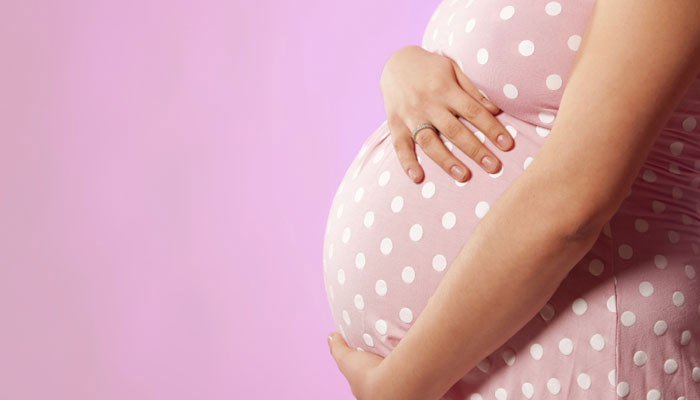New York: Low socioeconomic status during childhood and poor family social support appear to prematurely age pregnant women on a cellular level, potentially raising the risk for complications, a new study has found.
For the study, the researchers examined blood from pregnant women to evaluate the length of telomeres — structures at the end of chromosomes that are used by scientists as a measure of biological (as opposed to chronological) age.
Shorter telomeres mean an older cellular age.
The researchers also asked the participants about stressors, including low socioeconomic status and trauma during their childhood and current social support.
The findings published in the journal Psychoneuroendocrinology showed that women who reported low socioeconomic status as kids and who struggled with family support as adults were biologically older, as indicated by shorter telomeres.
“Access to support, care and resources is so important to expectant moms,” said the study’s senior author Lisa Christian, researcher in Ohio State University Wexner Medical Center in the US.
This study did not examine birth outcomes, but prompted the researchers to wonder if this rapid biological ageing could put a woman at greater risk of premature delivery, gestational hypertension, preeclampsia and other problems.
Previous research already has established worse birth outcomes in women with psychosocial risk factors.
The cellular ageing found in this study is one possible explanation, Christian said.
For now, telomere assessment is strictly used for research purposes and not something that would translate into clinical practice, she said.
But it is possible that the knowledge gained by research into cellular aging could prompt useful interventions in obstetrics practices — including greater focus on moms’ psychological well-being and support systems, Christian added.




 Driving Naari Programme launched in Chandigarh
Driving Naari Programme launched in Chandigarh































